By: Amirsyah Tambunan, Secretary General of Indonesian Ulema Council (MUI)
Commemorating the Islamic New Year is not just an annual routine ritual, but also spurs our enthusiasm to carry out transformations in various lines of life.
Humans as representatives of Allah Subhanallahu wata’ala on earth (caliph) are required to manifest the value of hijrah in a transformative approach, which is contained in the Qur’an and the Sunnah of the Prophet. That way, the function of Islam is not static in facing the challenges of the times.
In the midst of the confusion of the people in society and the nation, the role of religion is needed as a solution so that the position of the people as a solution provider is not a problem maker. Therefore, “hijrah” can be understood not only outwardly, but also mentally from a bad condition to a better one.
Also Read: Be Careful of the Trap of Deploying Peacekeeping Forces to Gaza
The shift from physical-geographical activities to changes in attitudes and behavior that are able to face the challenges of the times.
In this case, the turn of the Islamic New Year must at least realize three things, namely knowing oneself, knowing where to place oneself, and being aware of oneself to change towards a better life. The turn of the year must also be interpreted as a gift that must be grateful for.
Transformative migration can be interpreted from the words of the Prophet Muhammad, “The best of humans are those who live long and have good deeds, and the worst people are those who live long and have bad deeds.” (HR Ahmad).
So, the new year is not only ceremonial, on the contrary it contributes to freeing citizens from poverty and ignorance. And one of the functions of Islam is to free oneself from the ignorance and backwardness of the people.
Also Read: The Forty-Four-Days of Glory: Azerbaijan’s Struggle for Justice and Peace
Thus, religion can be said to be part of the world view of life. That is, religious values are rooted in all creatures in the world. For Indonesian Muslims, they must be able to solve social, economic, political and other problems.
It is from religion that we find a collective footing to find solutions. Allah says, “Verily Allah loves those who fight in His cause in an orderly line as if they were like a solidly built structure.” (Surah ash-Shaf [61]: 4).
A true Muslim makes changes for the better as a manifestation of the divine-human consciousness.
“Let there be some of the people who enjoin righteousness and command good deeds, forbid what is evil, and they are the ones who find happiness.” (Surah Ali-Imran [3]: 104).
Also Read: Palestine Solidarity Month: A Collective Movement for Al-Aqsa and Palestine’s Freedom
This verse talks about the transformative movement of Islamic da’wah. According to Kuntowijoyo, the transformative movement is the movement of liberation (liberation), the movement of humanization (humanization), and the movement of planting apostolic values and divine values (transcendence).
This was done because of the presence of religion (Islam) to change society from poverty and ignorance to advanced intelligence and enlightenment. Poverty and ignorance must be fought to create a prosperous and civilized country.
The way is through the world of education from the time humans are born to the grave. In essence, Islamic teachings are not only rituals that give birth to personal piety, but also social piety as a consequence of vertical-individual commitments, manifesting ritual-horizontal-social forms.
Therefore, we must emphasize the actualization of faith in the form of social piety based on the verses of the Qur’an, which contain the word “aaminu” and are often coupled with the word “wa amilussolihat”.
Also Read: Hassan al-Turabi: A Controversial Thinker from Sudan
This indicates that the perfection of faith is determined by how pious a person is when interacting with human issues. This also gives us an understanding, faith must be in harmony with real form or charity.
So, in this Islamic or Hijri new year, it’s time for us to spur ourselves to practice virtue values. Changes are not measured quantitatively in numbers alone, must be accompanied by qualitative changes that describe behavior and are felt in life.
The transformative mission carried out by the Prophet in Islam, with the changing of the year (Hijri), should lead us to continue to improve our words, attitudes, and behavior for the better. One word with deed so that future life is better.
Allah says, “O you who believe, fear Allah and let everyone pay attention to what he has done for tomorrow (hereafter) and fear Allah, verily Allah is Knowing of what you do.” (Surah al-Hasyr [59]: 18).
Also Read: Who Exactly is the RSF Group Shaking Sudan?
The life in this world is better for our children and grandchildren, while the life in the hereafter is better with the pleasure of Allah, we will get the reward of His heaven. (T/RE1)
Source: https://www.republika.id/posts/30395/hijrah-transformatif
Mi’raj News Agency (MINA)
Also Read: The Two-State Solution (Palestine–Israel) in Historical Perspective






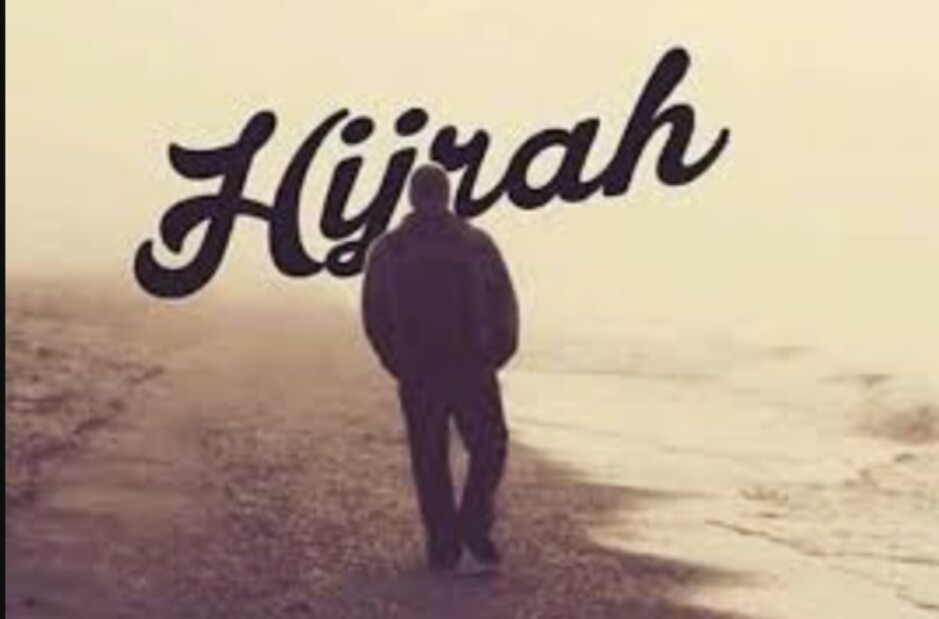

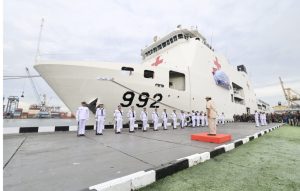






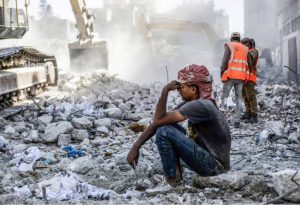
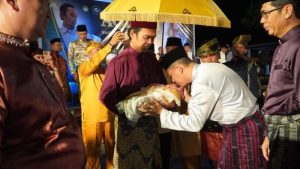
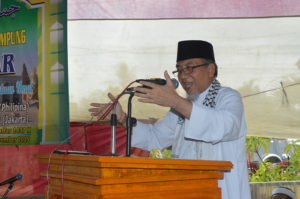
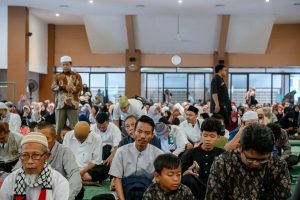
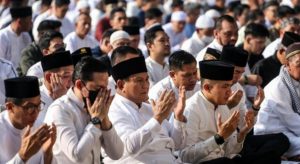

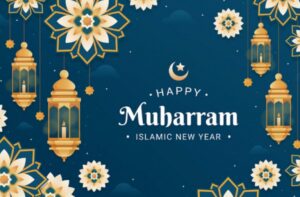














 Mina Indonesia
Mina Indonesia Mina Arabic
Mina Arabic